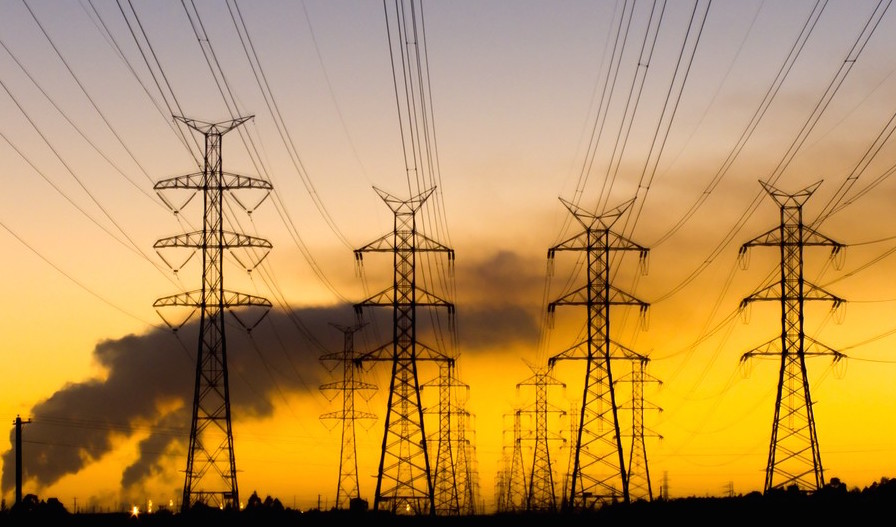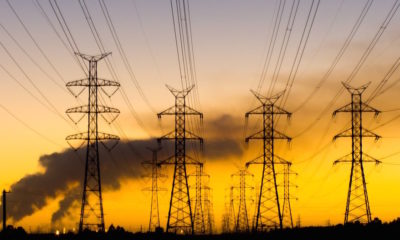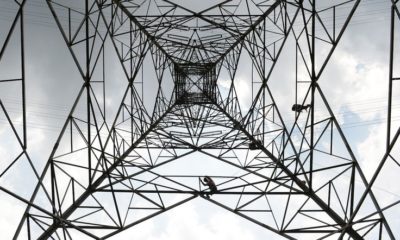Experts in Nigeria’s power sector and consumer groups have cried out over the latest increment in electricity tariff, saying that the development would worsen the living conditions of citizens who are already battling with harsh economic realities.
They argued that the majority of electricity consumers, especially those on N30,000 minimum wage, would find it difficult to cope with the newly increased tariff, calling on power distribution companies to reverse the rate.
Discos, after getting approval from the Nigerian Electricity Regulatory Commission (NERC), had jacked up the tariff, Investors King understands.
Expressing displeasure over the current increment, power sector specialists and consumers have asked the Federal Government to remove the hike, insisting that the move would plunge more Nigerians into economic woes.
Confirming the increase in tariff on Twitter, the Abuja Electricity Distribution Company disclosed that it was based on NERC’s order.
Speaking, the Chairman of the Nigeria Electricity Consumer Advocacy Network (NECAN), Tomi Akingbogun, called on concerned authorities to consider the current economic hardship across the nation and revoke the increment.
For Akingbogun, aside from the fact that the hike was done in contravention of the due process contained in the Multi-Year Tariff Order, it would frustrate more Nigerians who are trying to cope with skyrocketed prices of foods and other daily needs.
He said failure by Discos and NERC to reverse the new rate might leave electricity consumers across Nigeria with no other option than protesting against the development.
Stressing that NECAN held a series of meetings with the power sector operators on why it was not in the interest of the masses to raise tariffs, Akingbogun noted that the position of electricity consumers were ignored.
He maintained that the increase would frustrate Nigerians, wondering how a worker earning N30,000 would survive the tariff hike. He further urged the Federal Government to look into the matter and order affected authorities to reverse it.
Also reacting in the same vein, an energy expert, Prof. Yemi Oke, accused the electricity bodies of shunning some laid down procedures in the implementation of the latest increment.
Oke, a legal consultant and energy law advisor, claimed that the incessant increase of electricity tariffs was a confirmation that the Federal Government and power sector operators were taking Nigerians for granted.
More worrisome, according to the expert, is that electricity providers don’t carry their customers along in increasing tariffs, insisting that there must be transparency and due process.
The President of Nigeria Consumer Protection Network, Kunle Olubiyo, said the Federal Government had eventually withdrawn subsidy on electricity tariffs.
Similarly, the National President Electricity Consumers Association of Nigeria, Chijioke James, advised the Federal Government to prioritize the interest of electricity consumers in its effort to privatise the process.

 Billionaire Watch3 weeks ago
Billionaire Watch3 weeks ago
 Startups4 weeks ago
Startups4 weeks ago
 News4 weeks ago
News4 weeks ago
 News4 weeks ago
News4 weeks ago
 Bitcoin4 weeks ago
Bitcoin4 weeks ago
 Naira4 weeks ago
Naira4 weeks ago
 Forex3 weeks ago
Forex3 weeks ago
 Treasury Bills4 weeks ago
Treasury Bills4 weeks ago

























